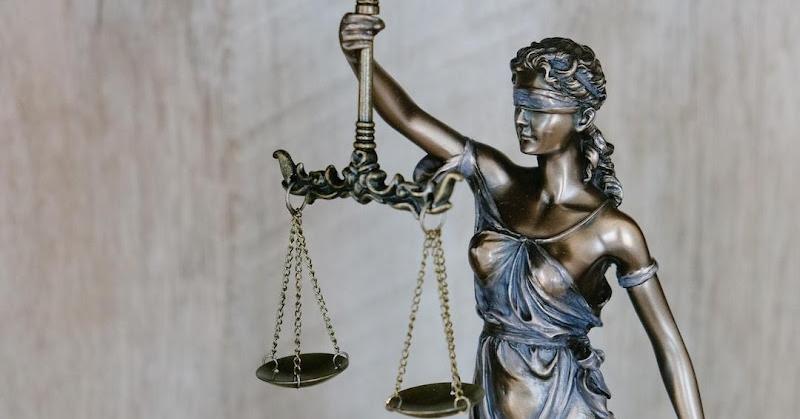Navigating a driving while intoxicated (DWI) case can be a daunting task, especially for those unfamiliar with the legal process. From understanding the initial arrest, going through the trial process, and understanding the possible consequences then comes a myriad of complexities. Effective navigation through this process is often nuanced, necessitating the advice and representation of an experienced attorney. In this article, we delve into the various stages of DWI cases, providing insights into what one might expect.
Understanding DWI Cases: Basic Framework and Legal Context
The legal context of DWI cases varies across states due to differing state laws. These laws define the offense in terms of blood-alcohol concentration (BAC) and potential sentences. Throughout these laws, one constant is driving above a 0.08 BAC qualifies as a DWI offense. Understanding the framework of these cases involves a thorough examination of implied consent laws. In most states, by operating a vehicle, you provide implied consent to a BAC test. Refusal of this test could lead to automatic license suspension regardless of your actual BAC levels.
Individuals arrested for DWI are usually taken into law enforcement custody. With a knowledgeable DWI attorney San Antonio, individuals can navigate the process. It is important to familiarize oneself with the legal landscape to ensure due process from the moment of arrest. Pleas available to individuals facing DWI charges encompass guilty, not guilty, and in some instances, no contest. Each plea carries unique potential consequences and requires careful consideration before admission. Finding a legal professional to assist you should be your top priority.
Navigating the Legal System: Arraignment and Plea Bargaining in DWI Cases
The arraignment constitutes the first court appearance for individuals facing DWI charges. Typically, the arraignment involves entering a plea, reviewing bail conditions, and setting future dates for legal proceedings. A key part of navigating the legal system in DWI cases involves the plea bargain. While not applicable in all cases, plea bargaining sometimes presents opportunities for reduced charges or penalties.
The decision to accept a plea bargain, however, should be made after careful consideration and consultation with an attorney. A plea bargain is essentially an admission of guilt and carries long-term legal implications. The legal landscape surrounding DWI cases is complex, and navigating it can be challenging. Attorney guidance and representation are key to ensuring one’s rights are protected and the best possible outcome is achieved.
Trial Proceedings in DWI Cases: Evidence, Testimony, and Verdict
If a plea deal isn’t reached, the case will proceed to trial. Here, the prosecutor must prove the defendant’s guilt beyond a reasonable doubt. Key components of this stage include presenting evidence, testimony, and potentially the cross-examination of witnesses. Evidence in DWI cases typically includes breathalyzer test results, officer testimony regarding observed behavior or driving, and possibly video footage. Challenging this evidence can be crucial for the defense.
If the defendant elects to testify, they may present their own account of events. The decision to testify usually only comes after detailed discussions with an attorney due to potential implications. Following presentations from both sides, the jury then decides on the verdict. This process may take hours or even days, depending on the complexity of the case.
Consequences of a DWI Conviction: Sentencing, Fines, and Long-term Implications
A DWI conviction typically attracts fines, probation, or jail time depending on the severity of the offense and previous convictions. Still, the consequences extend beyond the courtroom,affecting the individual’s personal and professional life. Convicted individuals may face driving privilege revocations, increased insurance premiums, and in some cases, mandatory alcohol education or treatment programs. These consequences emphasize the true cost of a DWI conviction.
Beyond the immediate implications, DWI convictions may carry long-term impacts. Having a criminal conviction on one’s record might affect job prospects, housing applications, or even future legal proceedings. As such, fighting a DWI charge involves not just dealing with the immediate legal implications but also mitigating potential long-term effects. Where possible, and with the right legal representation, some may be able to convert their conviction into a deferred judgment or even achieve acquittal.
As this article has clearly shown, handling a DWI case necessitates understanding the complexity of its legal stages. The process, from arrest to trial and final implications, is best navigated with professional and experienced legal representation. With thorough preparation and proper counsel, it’s possible to achieve the most favorable outcome in these legal situations. Follow our advice and find the right lawyer and you’ll be able to get on the road to recovery.
